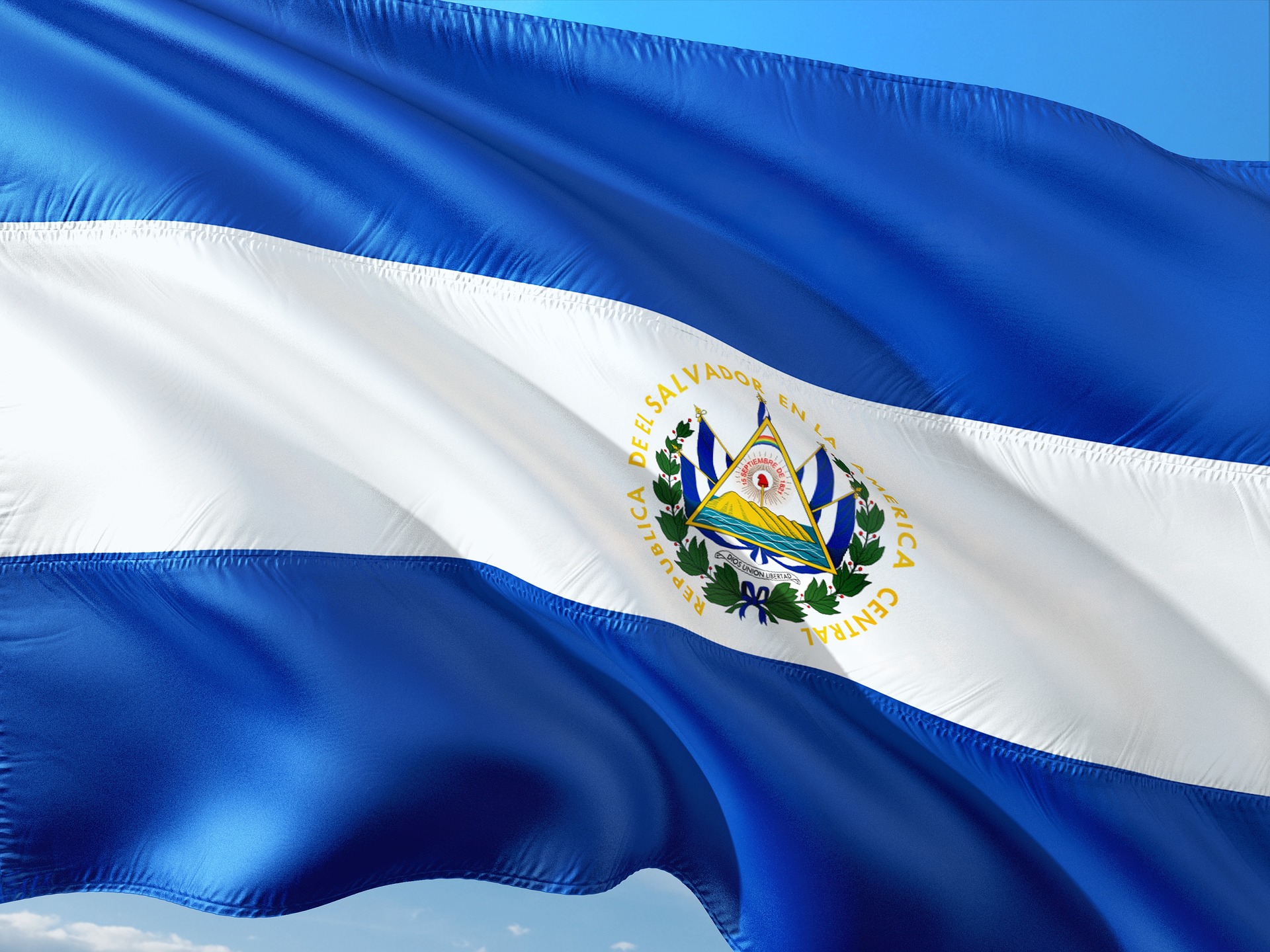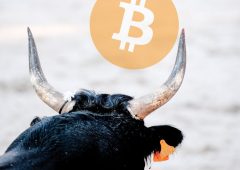El Salvador Reaps Massive Bitcoin Gains Amid Market Rally
08.12.2024 21:00 1 min. read Alexander Stefanov
El Salvador’s Bitcoin journey has reached new heights, with President Nayib Bukele recently spotlighting the nation’s substantial unrealized profits after Bitcoin surged past $100,000.
Sharing the update on social media, Bukele revealed that the country’s holdings, acquired for nearly $270 million since adopting Bitcoin as legal tender, now boast unrealized gains exceeding $333 million.
https://t.co/QVvFbQ7woa pic.twitter.com/WiOAYg6Ztx
— Nayib Bukele (@nayibbukele) December 5, 2024
The cryptocurrency milestone comes more than two years after El Salvador became the first nation to make Bitcoin a recognized currency through its Bitcoin Law on September 7, 2021. Since purchasing its initial 200 BTC a day before the law’s enactment, the government has continued its acquisition strategy.
In November 2022, Bukele announced a commitment to buy one Bitcoin daily using a dollar-cost averaging (DCA) method. Today, the country’s holdings stand at 6,180 BTC, acquired at an average price of $44,739 per coin, reflecting a 122% increase based on current market valuations.
READ MORE:

How Long Will Bitcoin’s Bull Market Last?
Beyond financial gains, Bitcoin adoption has reportedly boosted El Salvador’s tourism sector. However, this bold embrace of cryptocurrency has not come without pushback. The International Monetary Fund (IMF) has repeatedly urged the country to reconsider its Bitcoin policies, citing risks to economic stability.
Despite these warnings, Bukele’s government remains steadfast in its support of Bitcoin, a stance further underscored by the latest milestone in the cryptocurrency’s price rally.
-
1
Here’s Why Bitcoin Could Be Gearing Up for Its Next Move Despite the Pullback
09.06.2025 8:00 2 min. read -
2
BlackRock and Fidelity Pour Over $500M Into Bitcoin in One Day
25.06.2025 21:00 1 min. read -
3
Blockchain Group Bets Big on Bitcoin With Bold €300M Equity Deal
09.06.2025 22:00 2 min. read -
4
Bitcoin to Track Global Economy, Not Dollars, Says Crypto Expert
09.06.2025 18:00 2 min. read -
5
BlackRock’s Bitcoin ETF Breaks Into Top 15 Most Traded ETFs of 2025
12.06.2025 18:00 2 min. read
Bitcoin Hashrate Declines 3.5%, But Miners Hold Firm Amid Market Weakness
Bitcoin’s network hashrate has fallen 3.5% since mid-June, marking the sharpest decline in computing power since July 2024.
Bitcoin Surpasses Alphabet (Google) to Become 6th Most Valuable Asset Globally
Bitcoin has officially overtaken Alphabet (Google’s parent company) in global asset rankings, becoming the sixth most valuable asset in the world, according to the latest real-time market data.
Is Bitcoin a Missed Opportunity? This Billionaire Begins to Wonder
Philippe Laffont, the billionaire behind Coatue Management, is beginning to question his stance on Bitcoin.
Robert Kiyosaki Says Crypto Is Key to Building Wealth in a Failing System
Personal finance author Robert Kiyosaki is urging investors to rethink their approach to money as digital assets reshape the economic landscape.
-
1
Here’s Why Bitcoin Could Be Gearing Up for Its Next Move Despite the Pullback
09.06.2025 8:00 2 min. read -
2
BlackRock and Fidelity Pour Over $500M Into Bitcoin in One Day
25.06.2025 21:00 1 min. read -
3
Blockchain Group Bets Big on Bitcoin With Bold €300M Equity Deal
09.06.2025 22:00 2 min. read -
4
Bitcoin to Track Global Economy, Not Dollars, Says Crypto Expert
09.06.2025 18:00 2 min. read -
5
BlackRock’s Bitcoin ETF Breaks Into Top 15 Most Traded ETFs of 2025
12.06.2025 18:00 2 min. read

